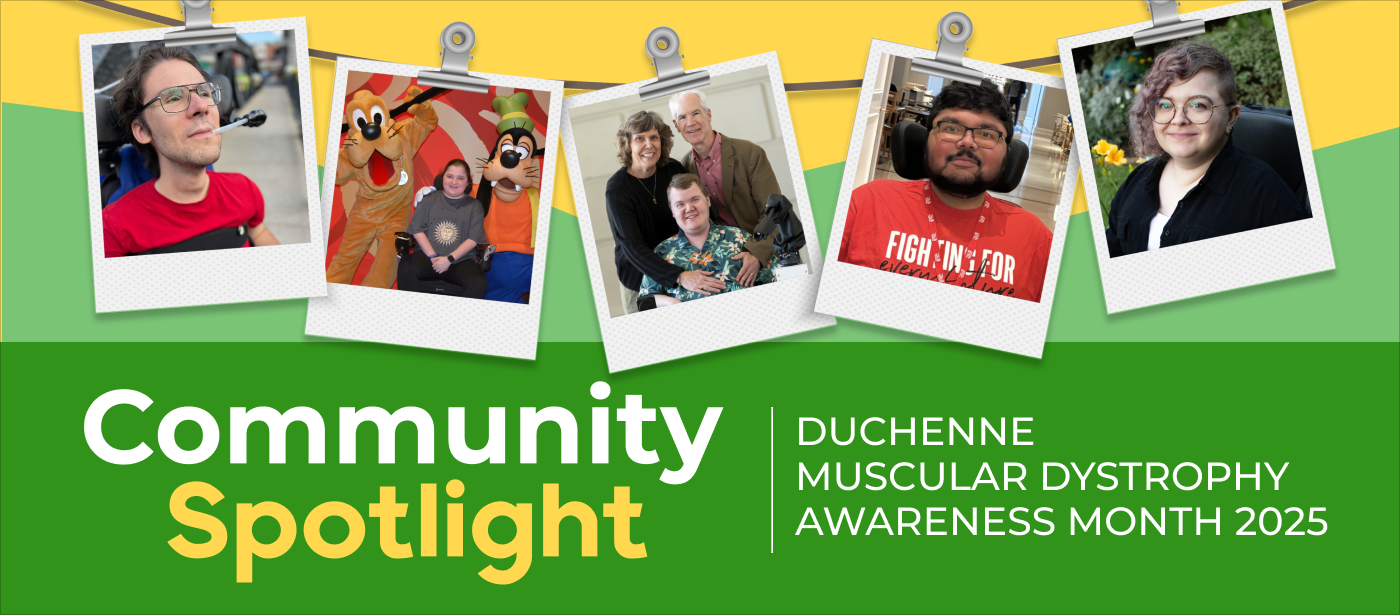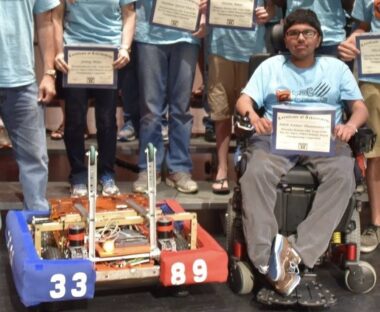Living with Duchenne has given me more freedom
Written by |

In recognition of Duchenne Muscular Dystrophy Awareness Month in September, the Duchenne Muscular Dystrophy Community Spotlight campaign features a series of stories highlighting the real-life experiences of people affected by Duchenne muscular dystrophy, written in their own words. Follow us on Facebook, Instagram, X, and Pinterest for more stories like this, using the hashtag #MDSpotlight, or read the full series.
Living with Duchenne muscular dystrophy is no walk in the park, although being a wheelchair user makes the walk part a bit harder.
My name is Adith Thummalapalli, and I’m a 27-year-old with DMD. Having a disability impacts my life in ways I couldn’t have imagined, but not always in a negative way. It’s shown me my life purpose at a young age: to use my experience to support all people with disabilities to live their best lives.

Adith Thummalapalli was a member of his high school robotics team. (Courtesy of Adith Thummalapalli)
There’s a positive to having a disability: what is expected of others is often not expected of us. We can choose to follow expectations or forge our own paths. I’ve found that living with a disability can actually mean more freedom for me to do the things that bring me fulfillment, not less.
People say things like, “I’d never be able to live with a disability like that. How do you do it?” to my peers and me. My response is always the same. If you were in my shoes, you’d figure out a way, just like I had to. I won’t sugarcoat it — some days are hard. That voice in your head might tell you to give up. Don’t listen. Push through. You’ll make it.
If you have a disability, don’t let that stop you from living your best life. Having a disability can mean freedom to live outside of societal expectations, so use that to your advantage. To the caregivers: support those you care for in achieving their goals, on their own terms, without trying to discourage them out of fear that things may not go according to plan.




